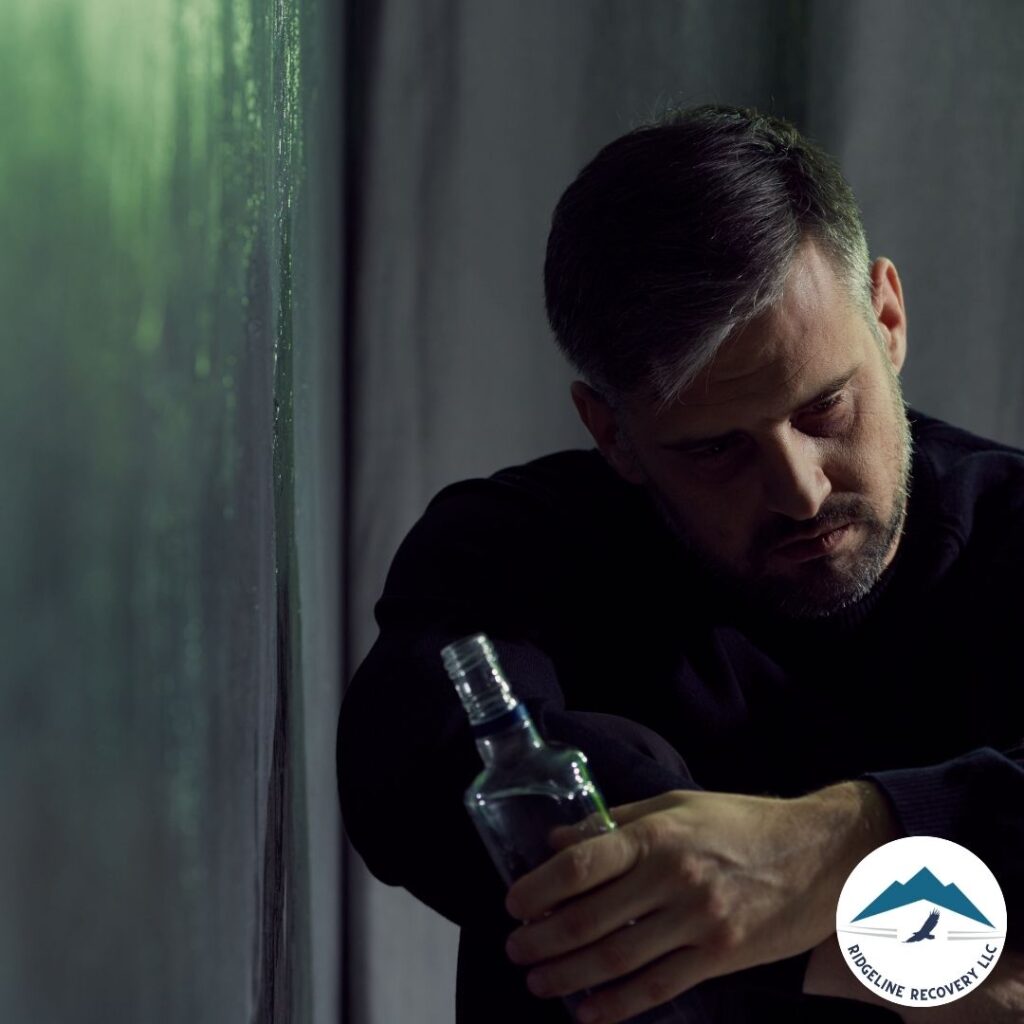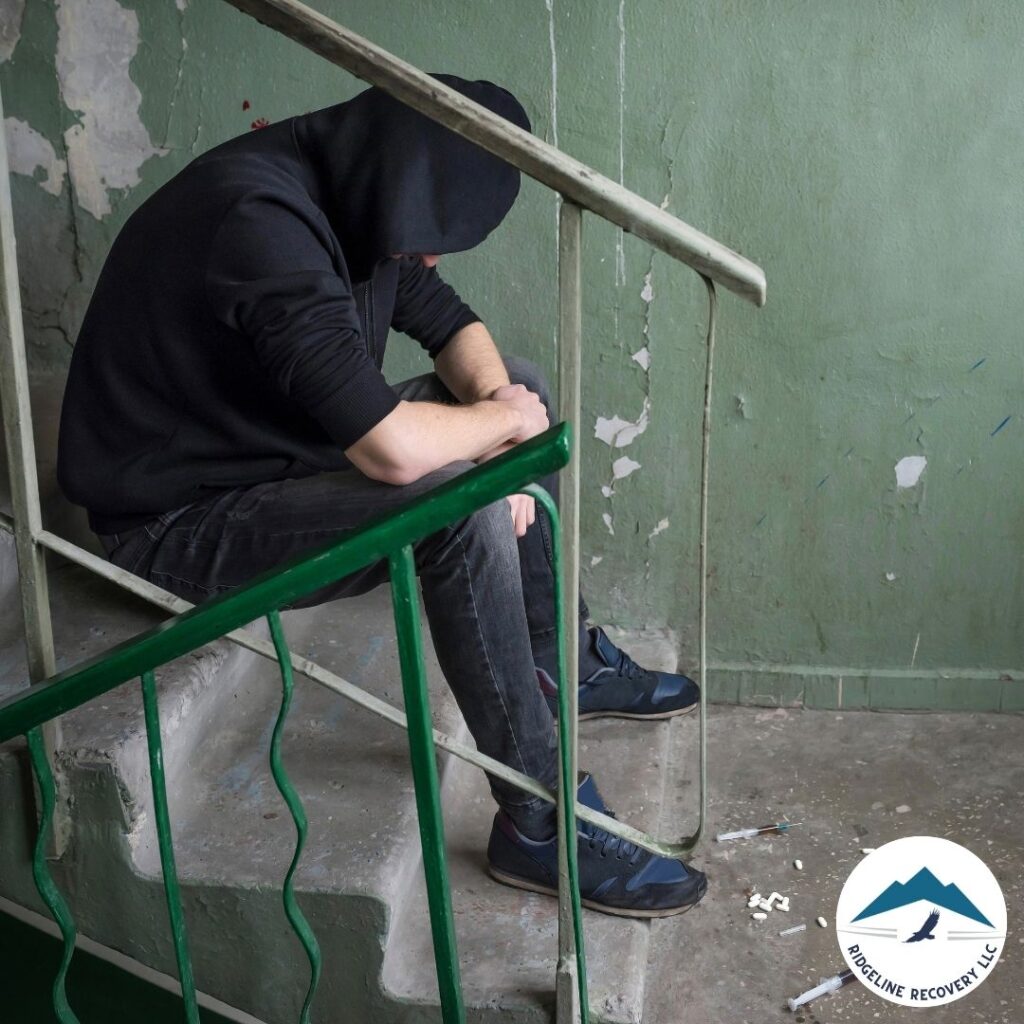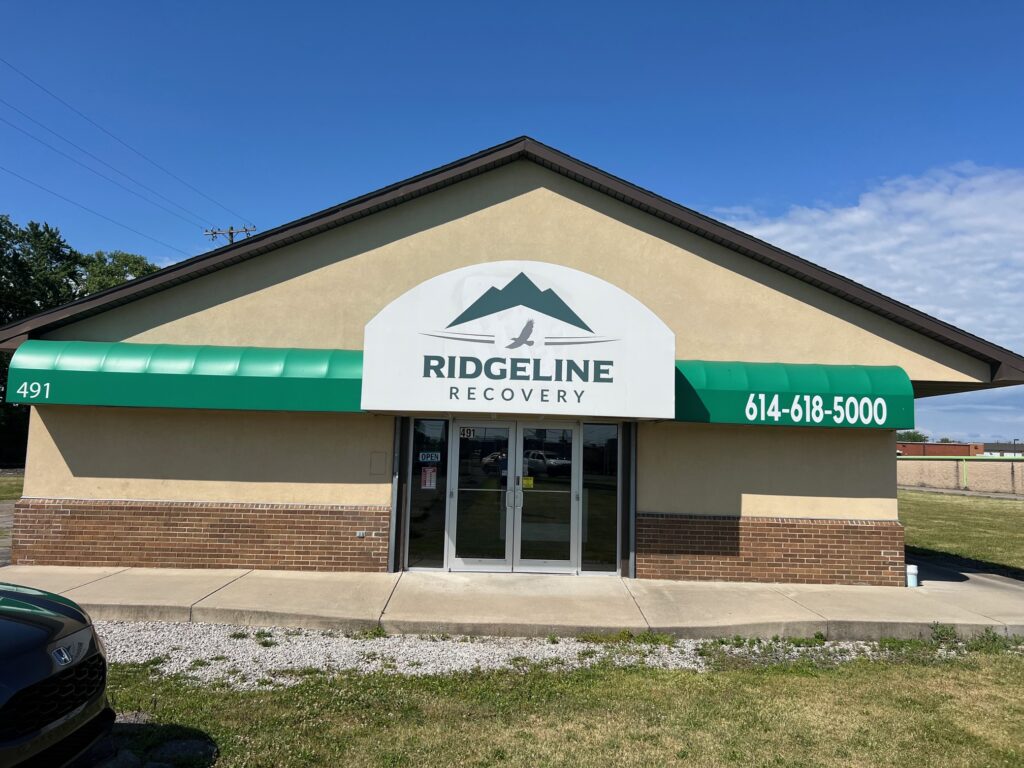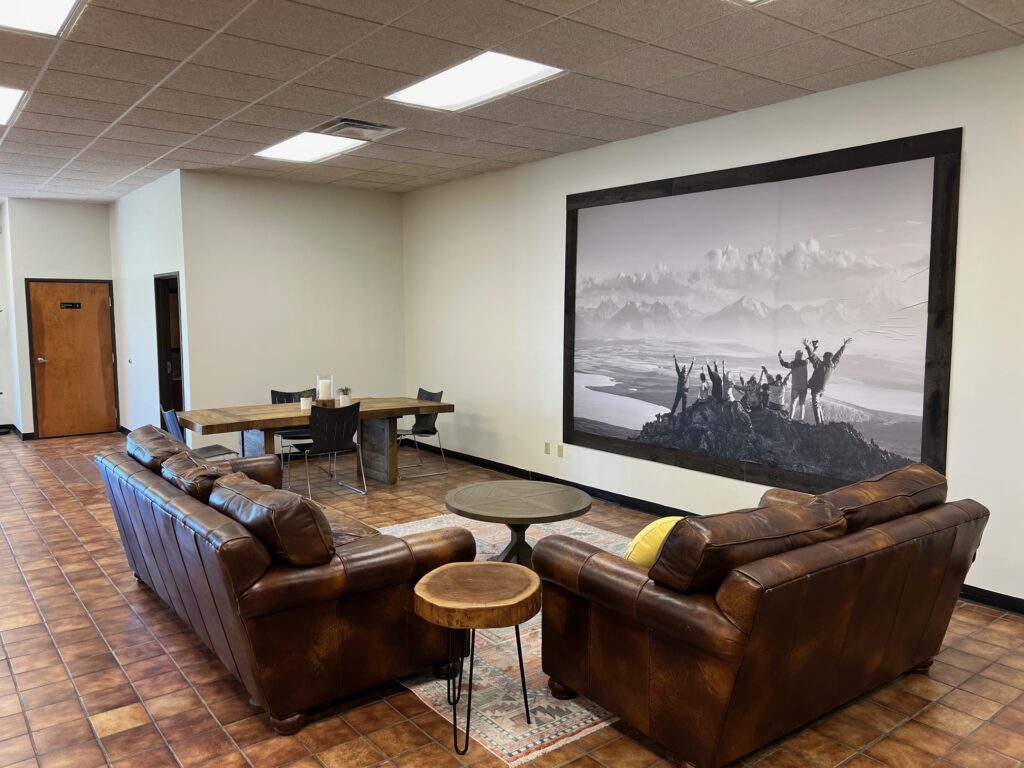Addiction Recovery Columbus, Let’s be honest. If recovery were just about willpower, everyone would have it figured out. So why doesn’t it work that way? Why does addiction feel like a constant uphill battle, even when you’re trying your hardest?
The truth: Addiction isn’t just about the substance. It’s about everything underneath—the habits, emotions, and patterns that keep you stuck. That’s where addiction therapy comes in. Addiction recovery Columbus isn’t just about stopping the use; it’s about building a life you don’t need to escape from.
Let’s break this down step by step.

Why Therapy Matters in Addiction Recovery Columbus
Here’s a fact: Recovery without addressing the root cause is a short-term fix. Therapy isn’t about sitting on a couch and talking about your childhood just for the sake of it. It’s about understanding the “why” behind your addiction.
Do you use to cope with stress? Numb pain? Avoid something bigger?
Therapy uncovers those triggers and gives you tools to handle them differently. This isn’t just about getting clean—it’s about staying that way.
Types of Therapy That Work
Not all therapy is created equal. Here are some approaches that make a difference:
1. Cognitive Behavioral Therapy (CBT)
This one’s huge. CBT helps you spot the thoughts and beliefs driving your addiction. It’s like rewiring your brain to think differently about stress, cravings, and even yourself.
Example: Instead of thinking, “I need this to feel okay,” CBT helps you flip that script to, “I can handle this without using.”
2. Group Therapy
Ever feel like no one gets it? Group therapy changes that. Sitting in a room with people who’ve walked in your shoes reminds you that you’re not alone. Their wins inspire you, and their struggles teach you.
3. Trauma-Informed Therapy
If your addiction is tied to past pain, this is a game-changer. It helps you process trauma without getting stuck in it.
4. Family Therapy
Addiction doesn’t just affect you. It impacts your relationships, and healing those can be just as important as healing yourself.
Therapy-Driven Sobriety: What It Looks Like
Imagine this:
You wake up without dread, you face challenges without reaching for a crutch. You feel connected, not isolated.
That’s the power of therapy in addiction recovery Columbus. It’s not about perfection; it’s about progress.
Overcoming Common Barriers
Let’s tackle the elephants in the room.
“Therapy is expensive.”
Sure, it can be. But what’s the cost of staying stuck? Many places, including Ridgeline Recovery, offer sliding scale fees or insurance options.
“I don’t have time.”
Let’s be real—if you have time for addiction, you have time for recovery. Therapy is an investment in your future.
“What if it doesn’t work?”
Therapy isn’t magic, but it’s one of the most effective tools for addiction recovery Columbus. It works when you work it.
Building a Life Beyond Addiction
Therapy is step one. Building a life worth living is step two.
Here’s what that looks like:
- Find Healthy Coping Mechanisms
Stress isn’t going anywhere. The goal is to face it differently. Exercise, mindfulness, hobbies—these aren’t just “nice-to-haves.” They’re essential. - Set Boundaries
Recovery means saying no to people and places that pull you back into old habits. It’s not about isolation; it’s about protection. - Build a Support Network
Recovery isn’t a solo journey. Surround yourself with people who lift you up. That’s why group therapy and community are huge.

FAQs About Addiction Recovery Columbus
Q: What makes therapy-driven recovery different?
A: It tackles the root causes, not just the symptoms. You don’t just quit the substance—you quit the cycle.
Q: How long does therapy take to work?
A: There’s no one-size-fits-all. Some see changes in weeks, others in months. The key is consistency.
Q: Can I do therapy and still work or go to school?
A: Absolutely. Many programs, like day treatment in Columbus, Ohio, are designed to fit your schedule.
Q: What if I relapse?
A: Relapse isn’t failure—it’s feedback. Therapy helps you learn from it and keep moving forward.
Q: How do I find the right therapist?
A: Look for someone who specializes in addiction recovery Columbus and aligns with your needs.
Final Thoughts
Addiction recovery Columbus isn’t easy, but it’s worth it. Therapy is the bridge between where you are and where you want to be.
If you’re tired of fighting this battle alone, take the next step. Call Ridgeline Recovery or check out their programs.
You don’t have to do this alone—and you don’t have to keep struggling. Therapy works. Sobriety is possible. Let’s make it happen.



